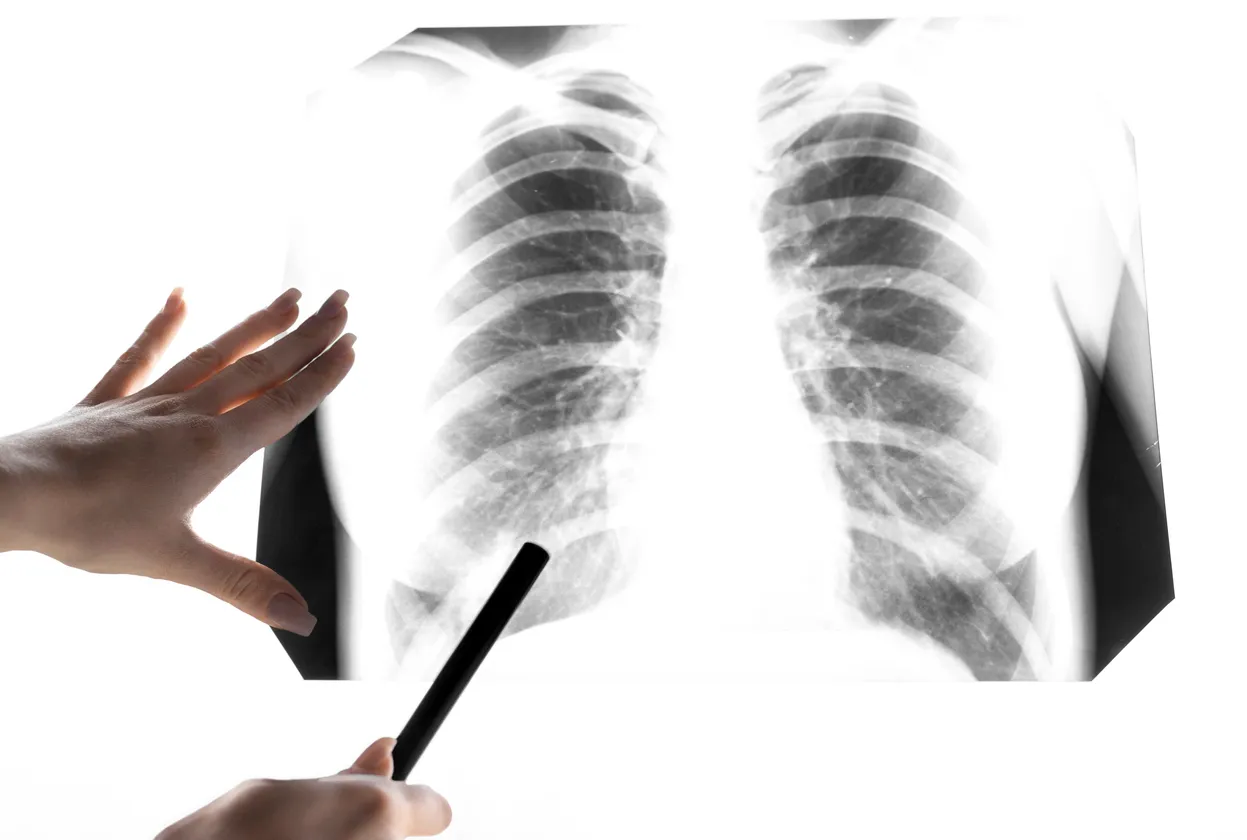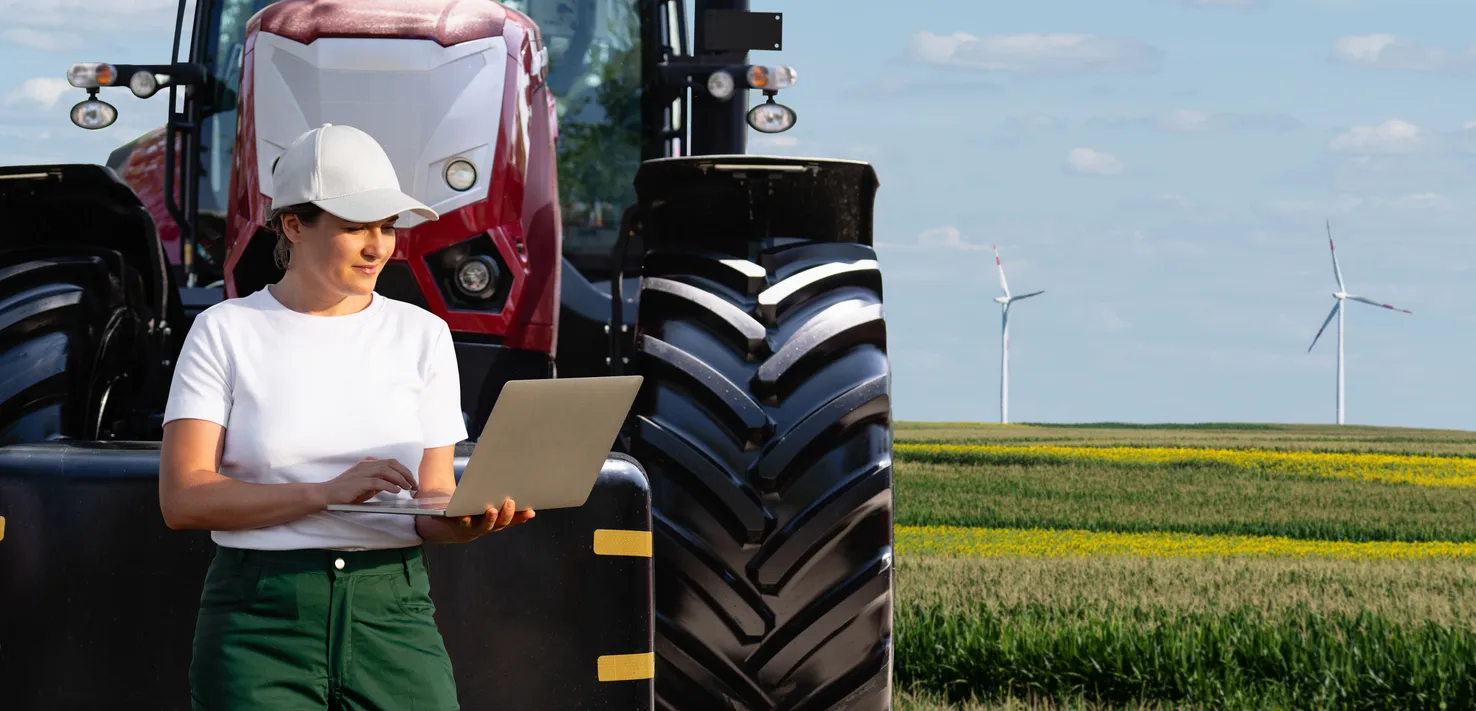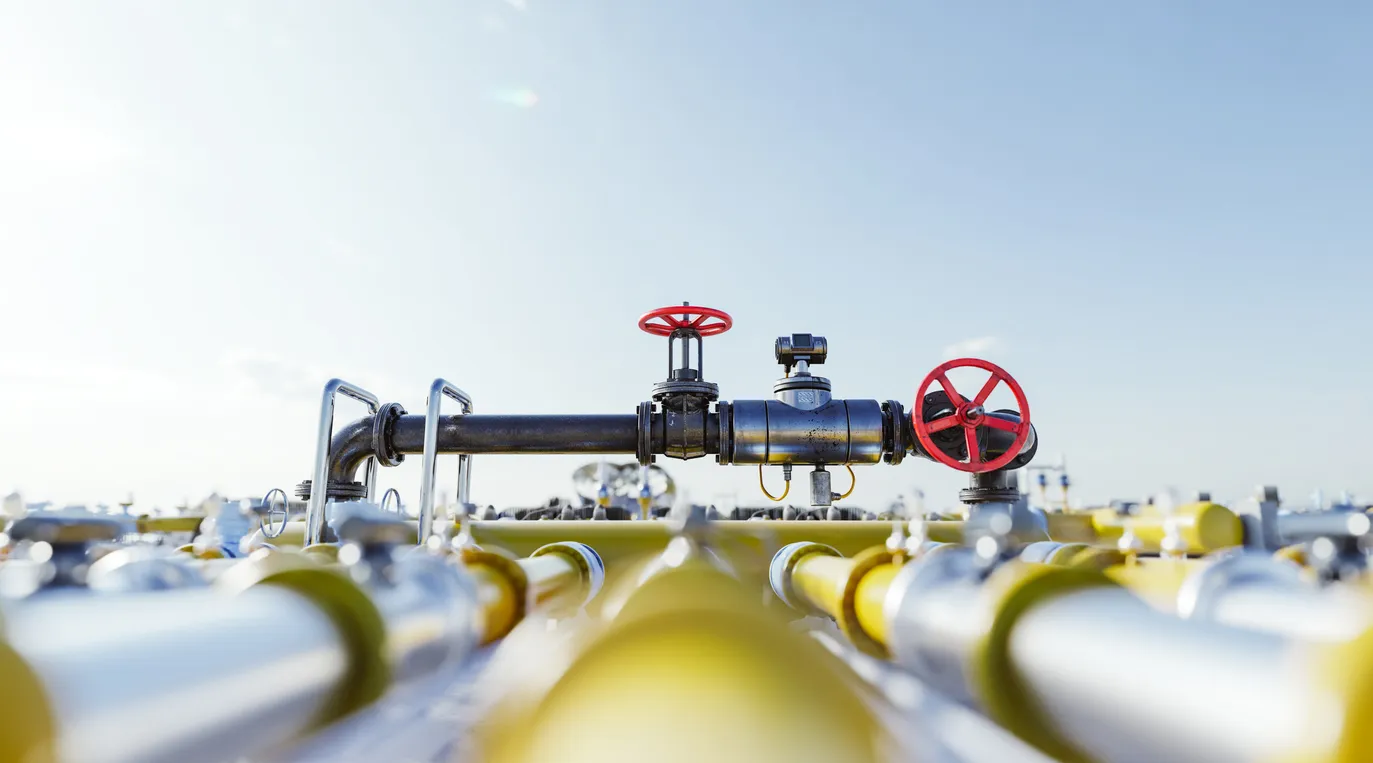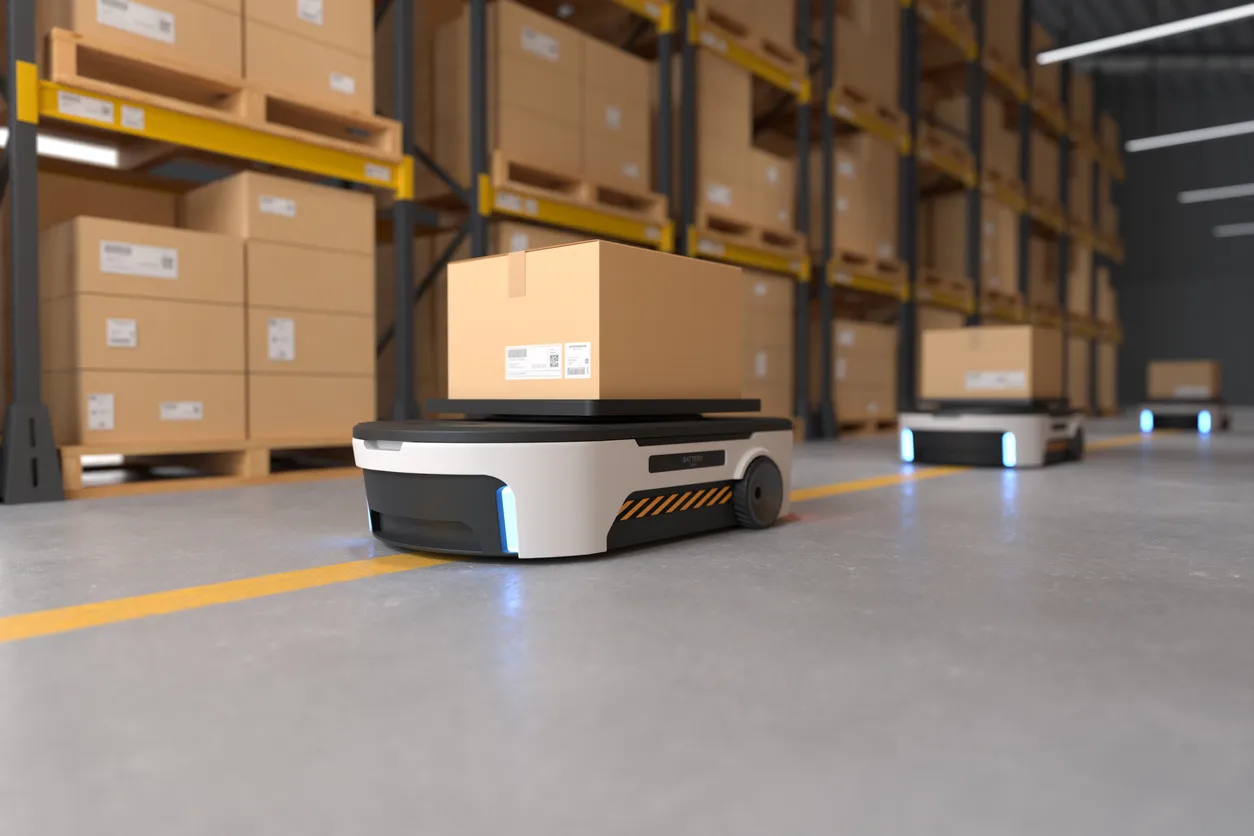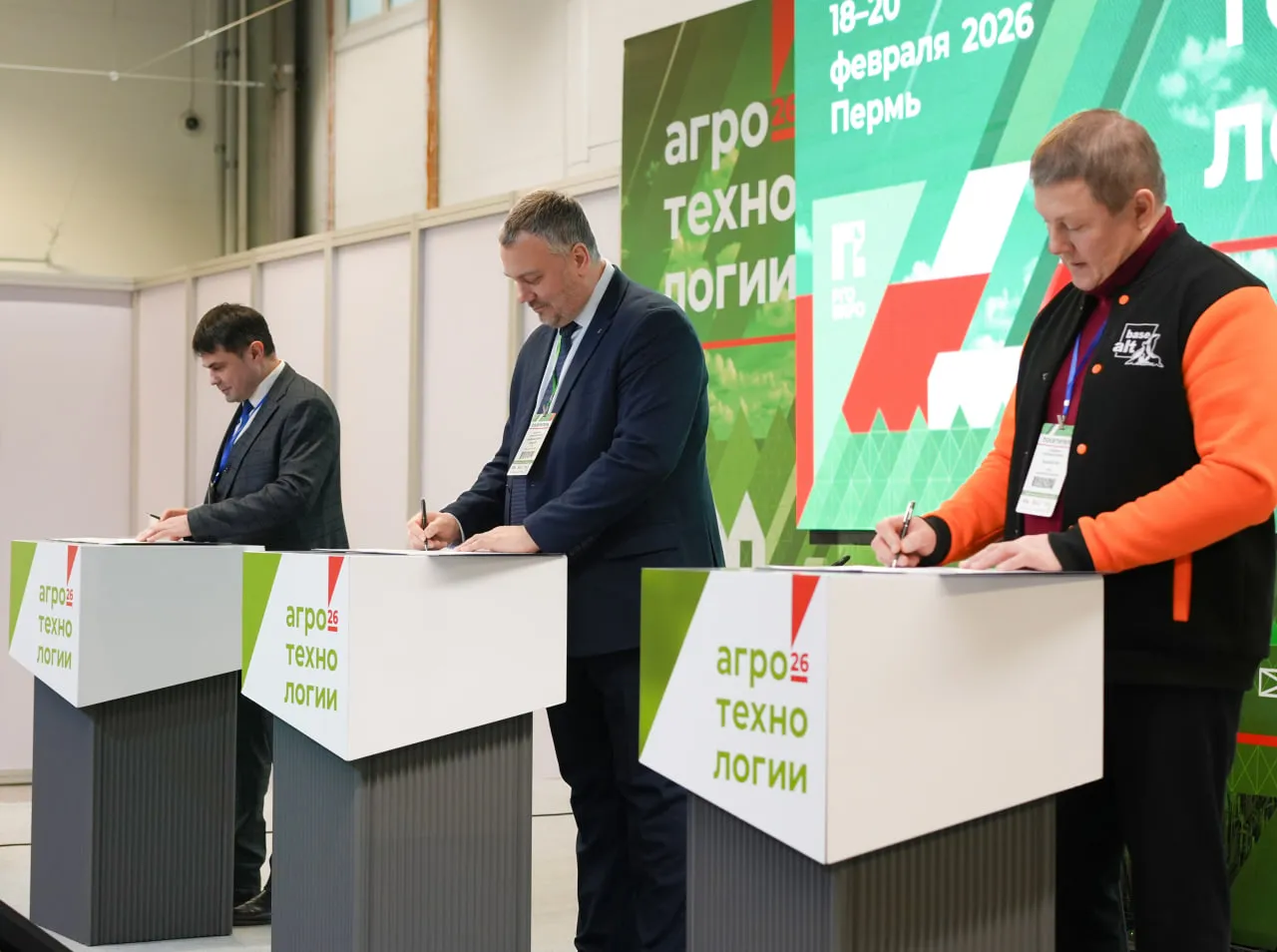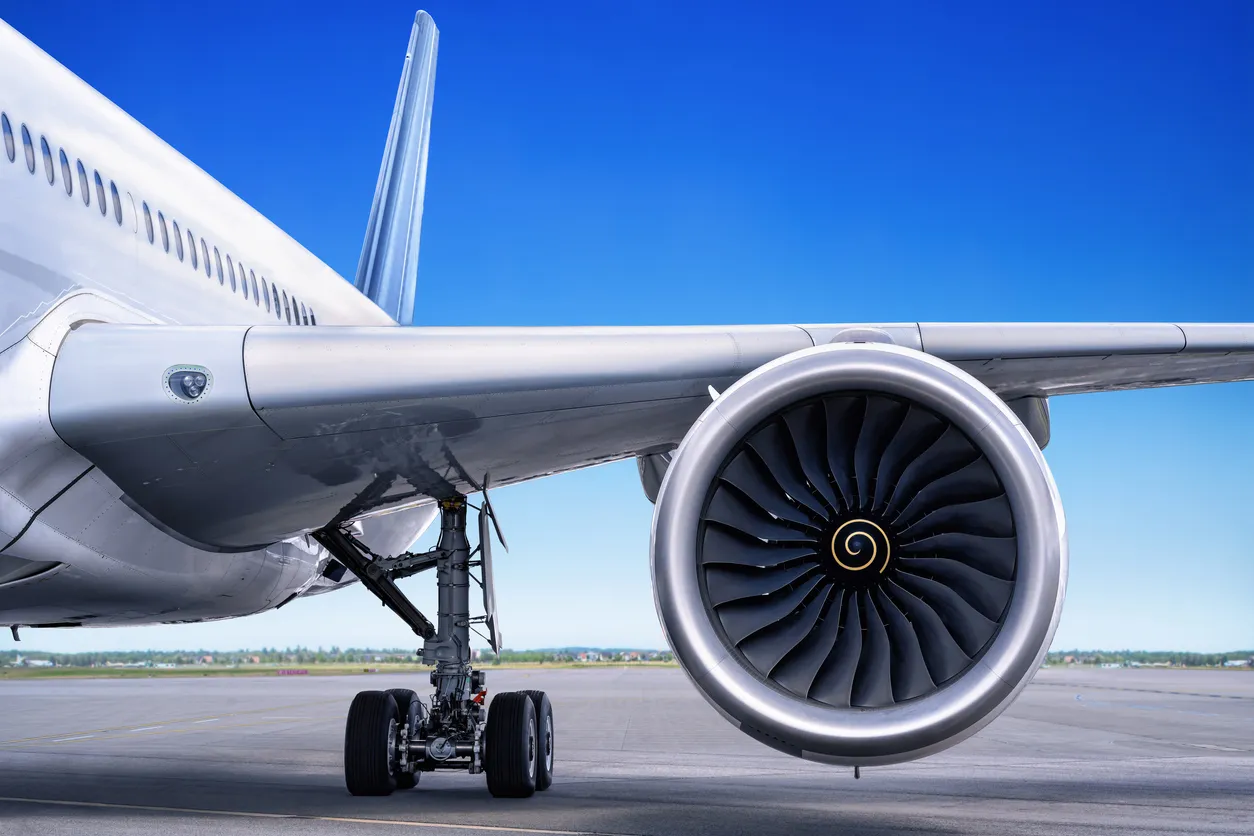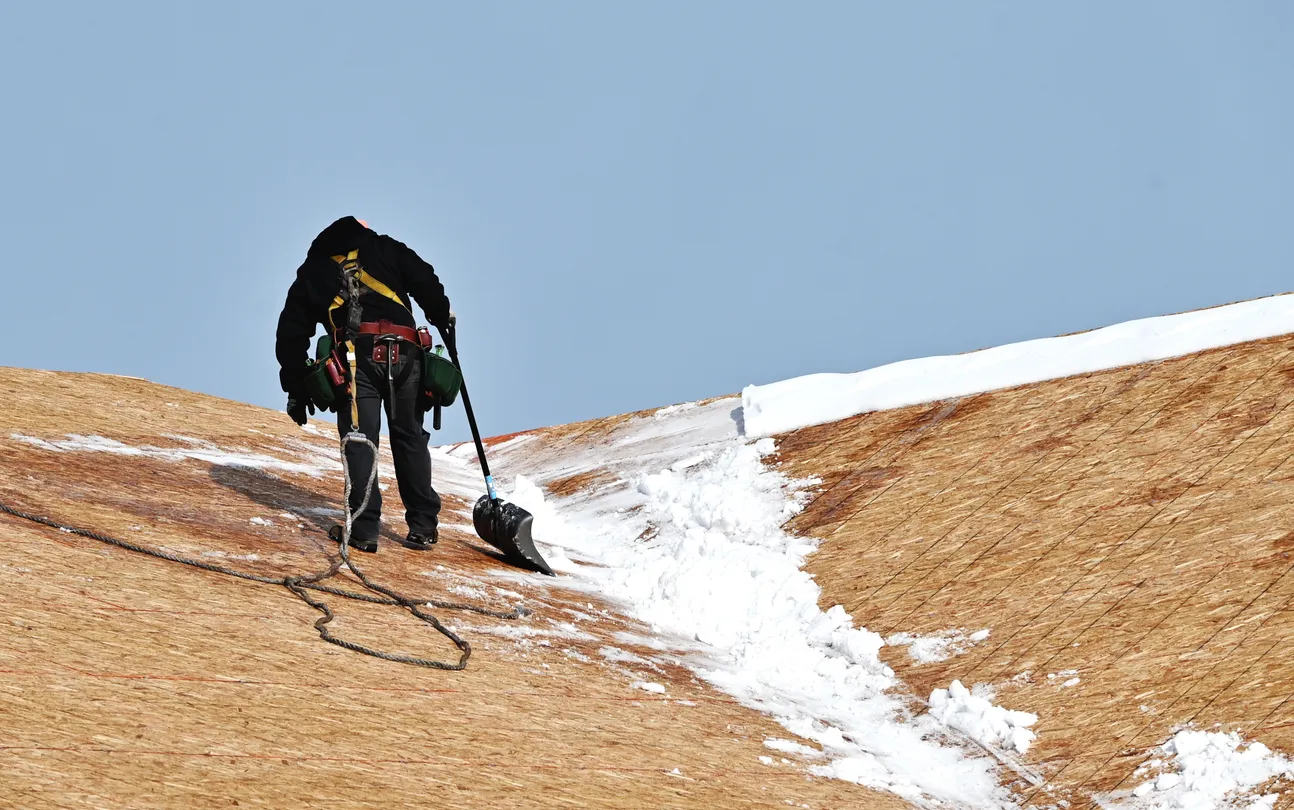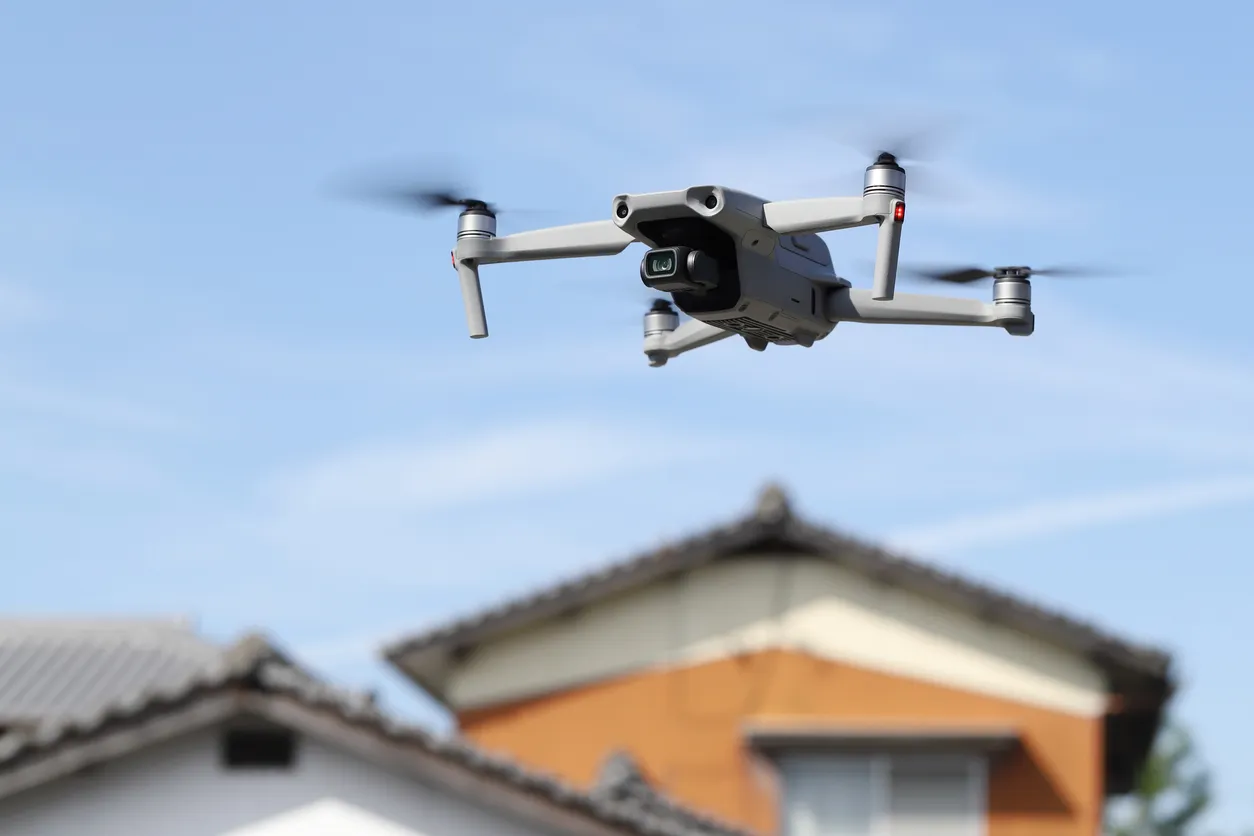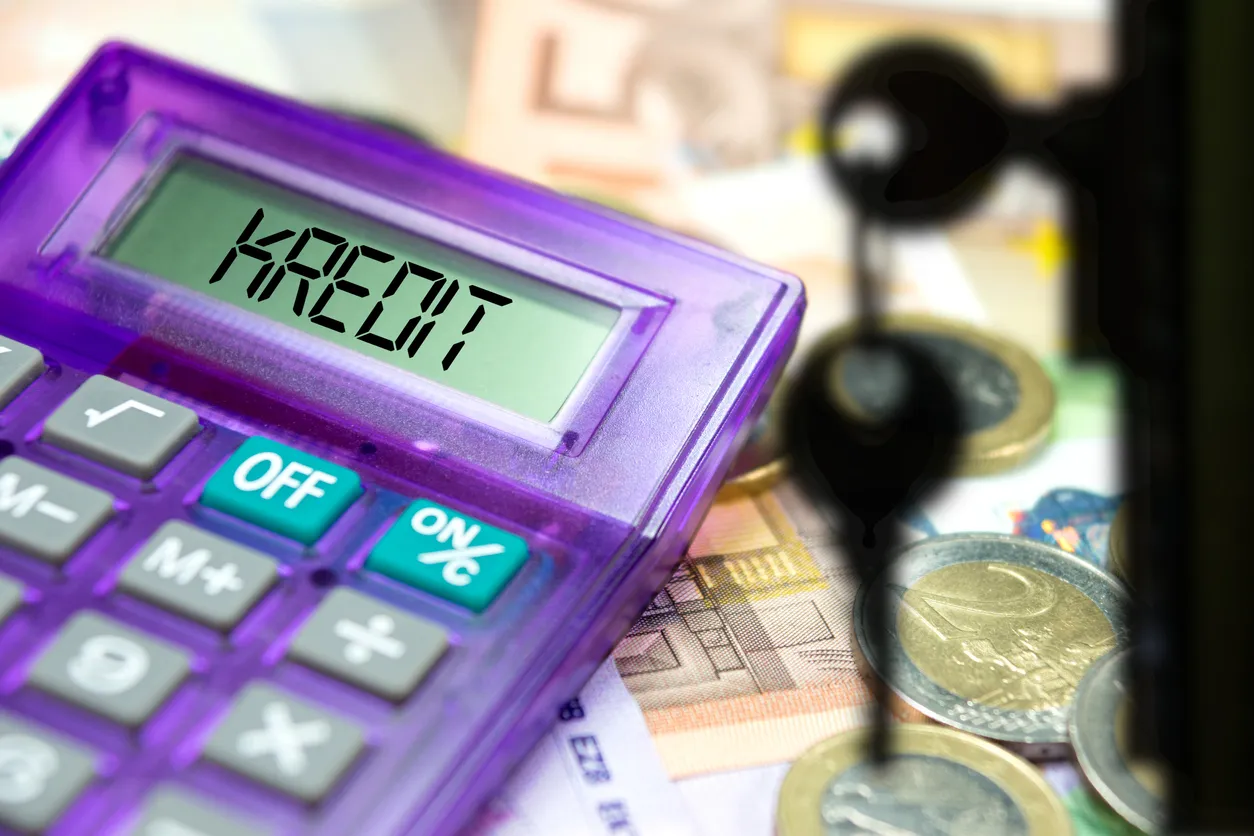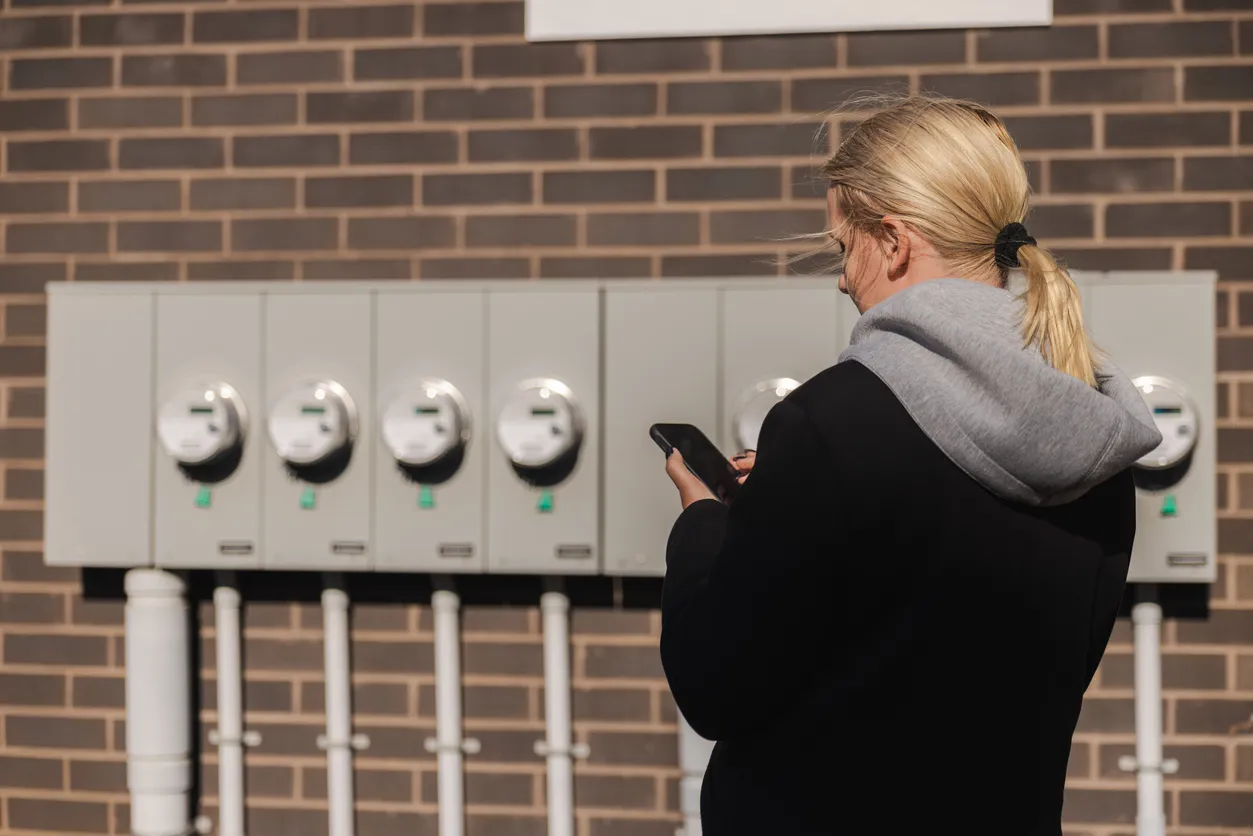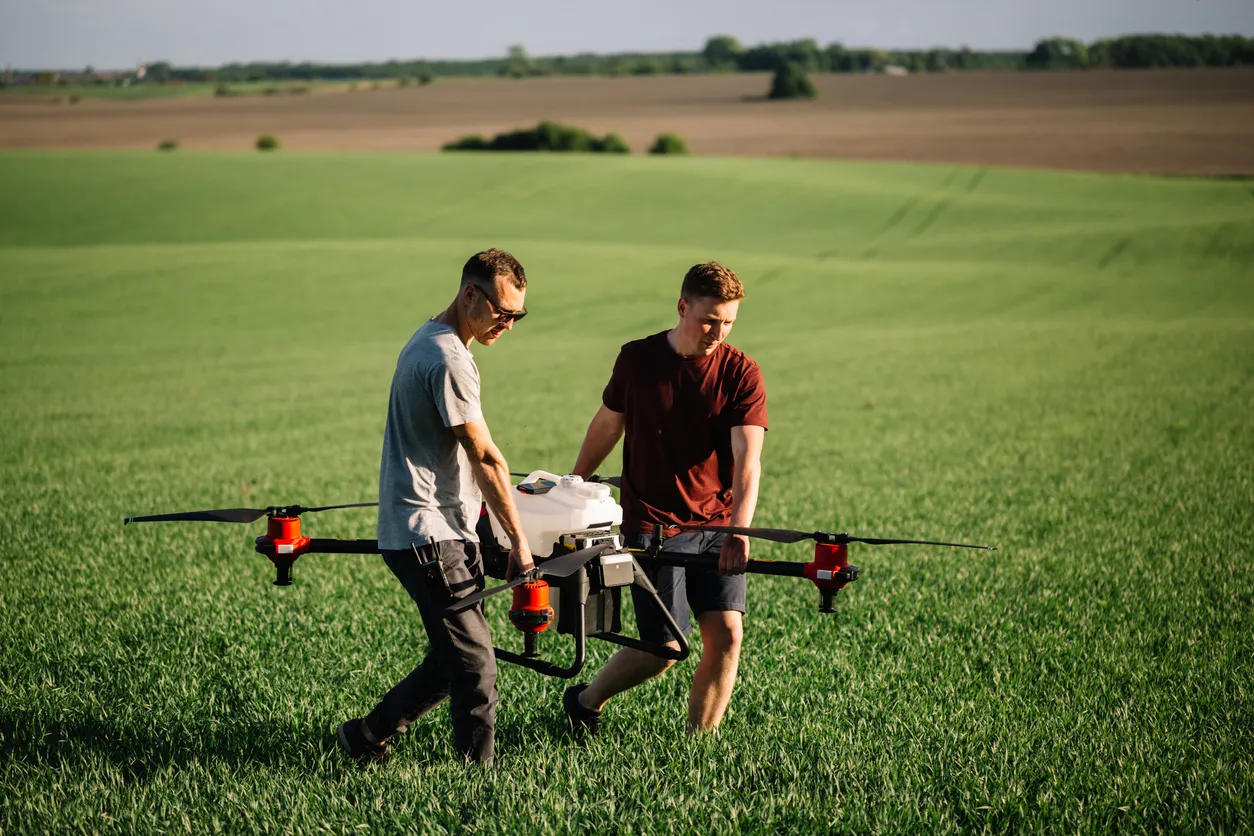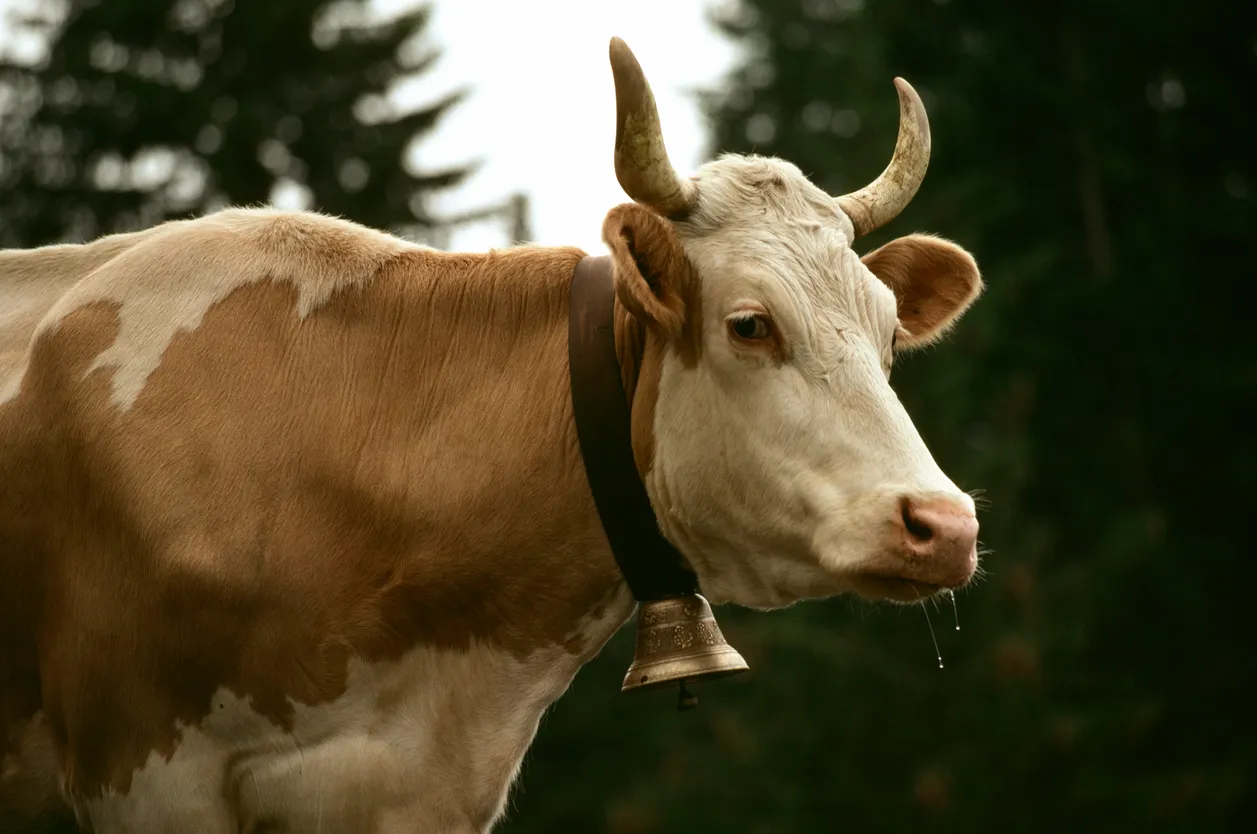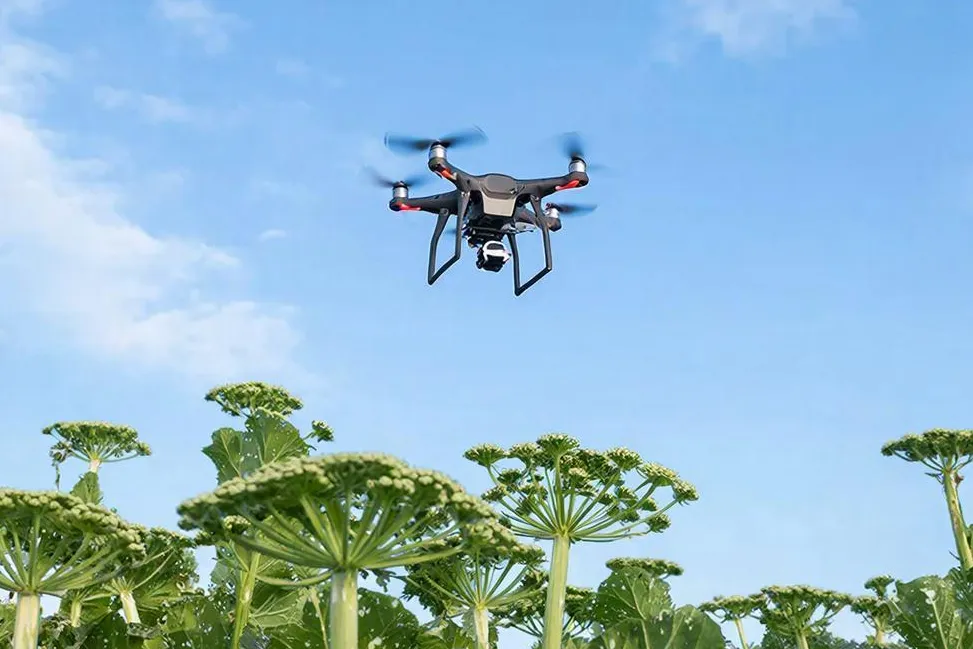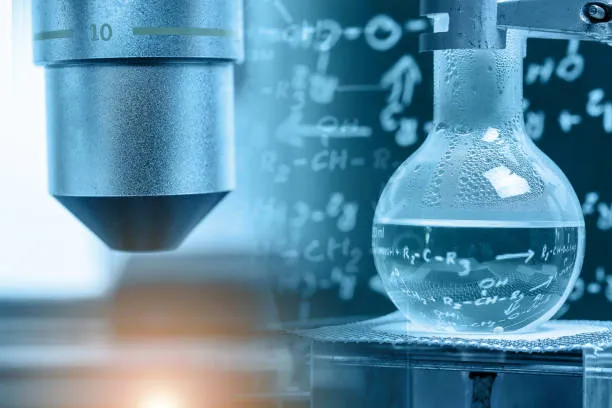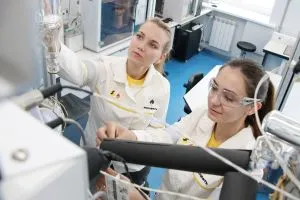Russian Scientists Bring Potatoes and Drones to a Common Denominator
Russian researchers have demonstrated how drone‑based crop treatment can outperform traditional ground equipment—even under extreme rainfall—while boosting yields and preserving soil health.

Precision Agriculture Meets UAVs
Engineers at the St. Petersburg Federal Research Center of the Russian Academy of Sciences (SPB FRC RAS) have developed an integrated system for applying anti‑pest treatments to agricultural fields using drones. According to the research team, precision agriculture is one of the few civilian sectors where UAV deployment already delivers clear economic benefits.
Project lead Andrey Ronzhin explained that his team conducted full‑cycle potato‑growing experiments using drones at three key stages: soil and plant monitoring, crop protection, and haulm desiccation. Even rainfall reaching 200 percent of the monthly average did not prevent UAV flights, and all scheduled treatment operations were completed on time.
A Successful Field Experiment
In Russia, potato fields are usually treated using ground machinery. But heavy equipment can damage soil structure, and in regions with waterlogged terrain or high precipitation, ground vehicles may not be able to operate at all.
As an alternative, the researchers created a system that includes: a drone for aerial imaging, an agricultural UAV for spraying protection compounds, and software enabling the drone to operate autonomously.
During field trials in Novgorod, potato bushes treated with conventional ground methods blackened completely. The double‑norm rainfall prevented machinery from reaching the fields, leaving the decaying plants untouched. Meanwhile, plants in the drone‑treated plot remained largely healthy, with only minor signs of infection. The drone navigated using terrain maps and dispensed treatment solutions autonomously, while the operator controlled only the flow rate and positioning along the furrows.
Higher Yields and Lower Costs
Anton Saveliev, head of the Laboratory of Autonomous Robotic Systems at SPB FRC RAS, reported that practical deployment of the technology increased potato yields by 9 percent compared to traditional processing methods. It also reduced fuel consumption and preserved soil fertility, since no heavy machinery entered the fields.
The team is now developing a modular conveyor‑type droneport capable of autonomously swapping batteries and refilling the UAV’s treatment tank—an upgrade that could enable fully continuous field operations.


